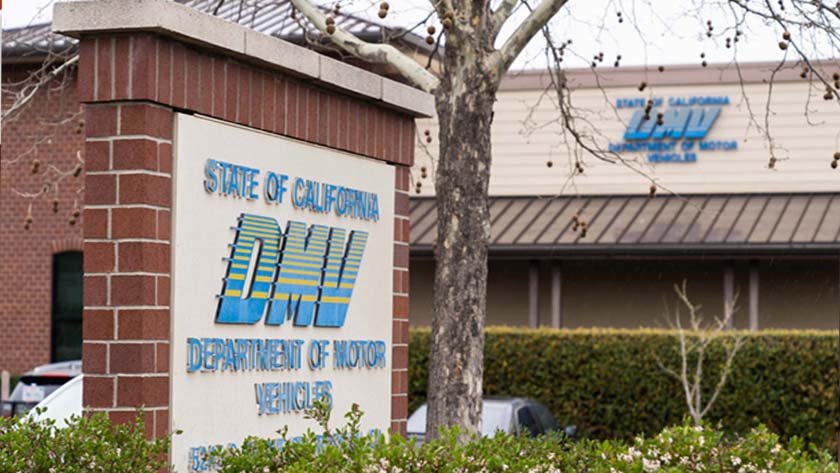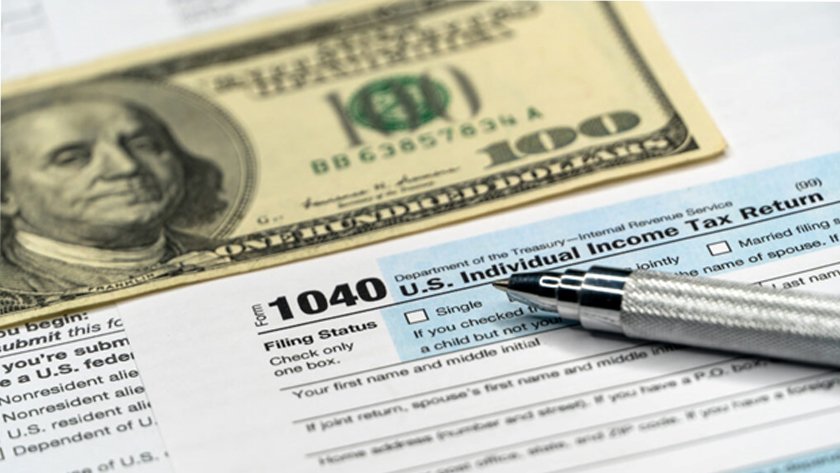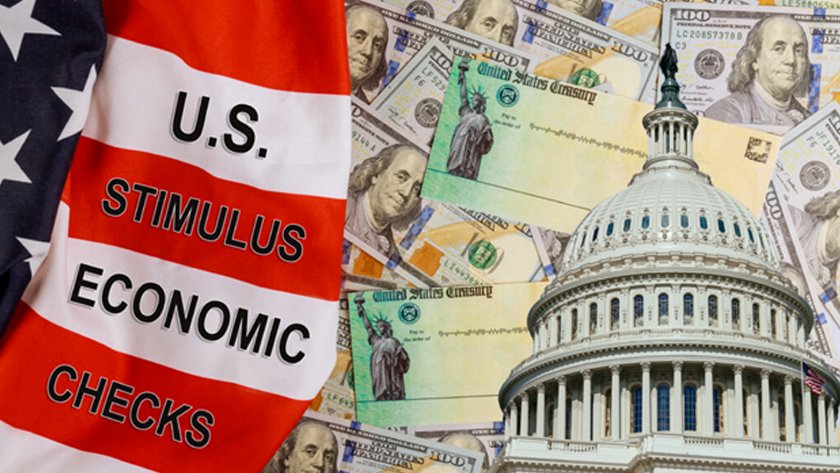In the bustling culinary world, where the delicate balance of flavors meets the art of presentation, another essential recipe often lurks in the background: the recipe for precise and punctual tax preparation. As a restaurateur, the complexities of managing a business — from sourcing fresh ingredients to keeping customers satisfied — are challenging enough. With the recent updates in tax legislation and the looming deadline of October 16, 2023, the spotlight on timely and accurate tax preparation for restaurants has intensified. This comprehensive guide offers a deep dive into the art and science of restaurant tax preparation, ensuring that your establishment remains compliant, optimized, and penalty-free as you navigate the tax season.
Table of Contents
Understanding Tax Preparation for Restaurants
Unique Tax Challenges for Restaurants
Restaurants, with their multifaceted operations, confront several tax intricacies.
- Sales Tax Complexity: Different food and beverage items might fall into distinct tax categories, especially when considering dine-in, take-out, and delivery options.
- Gratuity and Payroll: Handling taxes on tips, ensuring that both the front-of-house and back-of-house staff are accounted for, and adhering to minimum wage laws can be daunting.
- Seasonal Fluctuations: Seasonal promotions, pop-up events, and fluctuating staff numbers during holidays can impact revenue and expenditure, complicating the tax filing process.
Deductions: Capitalize on What’s Available
Every dollar saved in deductions is a dollar earned:
- Operational Expenses: Almost all costs incurred in the daily operations, from ingredients to utilities, can be deducted.
- Capital Expenditures: Investments in equipment, property improvements, or even software can often be deducted immediately or over time.
- Promotional Activities: Marketing campaigns, food critics’ reviews, or event sponsorships can also be tax-deductible.
- Employee Training and Welfare: Costs related to staff training, uniforms, or even certain welfare programs can be deducted, boosting morale and your bottom line simultaneously.
Key Dates to Remember
Missing tax deadlines can be a costly oversight:
- April 15, 2023: The primary tax deadline. Filing after this might incur penalties and interest.
- Before Oct 16, 2023: The extended deadline. If you’ve secured an extension, ensure to file by this date to steer clear of additional penalties.
Tips to Avoid Penalties
- Start Early: Initiating the tax preparation process well in advance is a game-changer. This lets you:
- Analyze Financial Health: Early preparation allows for a comprehensive review of your financial statements, identifying any discrepancies or areas of concern.
- Seek Expert Advice: If uncertainties arise, you have the time to consult with tax professionals or accountants.
Keep Detailed Records
Maintaining meticulous records cannot be emphasized enough:
- Digital Transition: Consider moving away from paper-based records to digital platforms, making storage, retrieval, and analysis more efficient.
- Audit Trail: A well-maintained record system can be invaluable during tax audits, validating your claims and ensuring you’re penalty-free.
Understand the Local Laws
Staying updated with local tax laws can save both time and money. Participate in local business seminars, join restaurant associations, or subscribe to tax-related newsletters specific to the California region.
Benefits of Consulting a Professional
Expertise and Insight
Even seasoned restaurateurs can find the tax world convoluted. Professionals:
Stay Updated: They’re abreast of the most recent tax laws, ensuring compliance.
Identify Opportunities: Be it a new deduction or an overlooked tax credit, they maximize your financial benefits.
Peace of Mind
Beyond the monetary perspective, the sheer peace of knowing that your taxes are in expert hands, filed correctly, and on time is invaluable.
Conclusion & Key Takeaways
2023 brings its own set of challenges for California’s restaurants:
- Planning can alleviate last-minute pressures.
- Embrace technology for record-keeping.
- Regularly update your knowledge of local tax laws.
- A professional’s perspective can offer both financial benefits and peace of mind.
As you craft delightful culinary experiences, let Barron Income Tax handle the intricate recipe of tax preparation. Reach out today and ensure a stress-free tax season.
At Barron Income tax services, we specialize in tailoring the right service for our clients. We understand every customer has Read more
When you first start filing your tax returns, one of the many questions that come into mind is; should I Read more
With rules changing on sudden notice and many businesses having to enforce limits & restrictions on their premises. It is Read more
If you are the one who engages in business outside his country or deals with overseas legal documents, you need a Read more
After months of negotiations the $1,400 stimulus check has been approved and ready to go! In this article, we will Read more
Are you tired of struggling with bookkeeping mistakes that can jeopardize your business? Look no further! Barron Income Tax has Read more
Tax season frequently emerges as one of the most anxiety-inducing periods in the lives of taxpayers. Meeting the stringent filing Read more
Are you a small business proprietor dreading the impending tax season? The prospect of delving into heaps of paperwork and Read more








